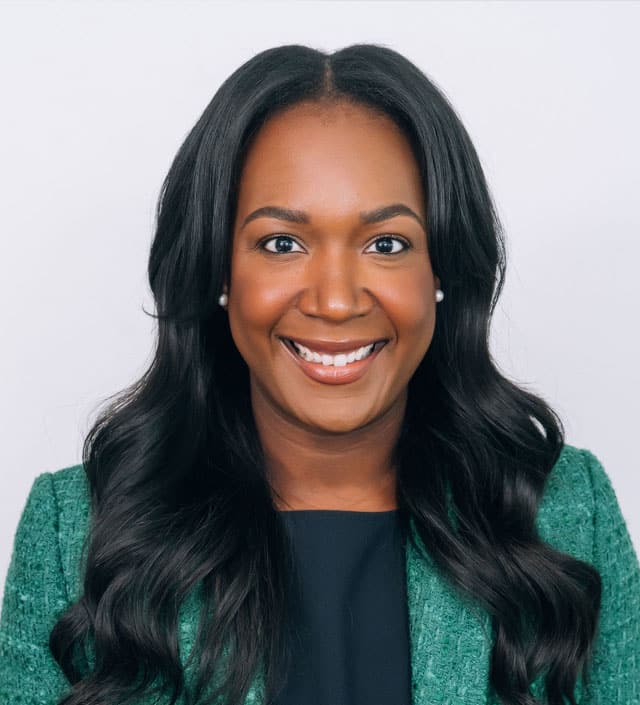Editor’s note: Kimberly Foss is a longtime columnist with Rethinking65. To read more of her articles, click here.

Many of my clients who are newly retired tell me that one of their greatest surprises is the realization of how little thought they have given to how they will spend their time. They’ve spent their lives working and saving, planning for the day when they can stop the 9-to-5 grind and spend their time on what is most important to them. But all too often, they — and we, their financial advisors — get caught up in financial planning and strategy while forgetting about everything else that contributes to quality of life and real enjoyment of all that free time.
With increasing lifespans, many of our clients will also likely have much more time to fill in retirement than those in years past. The World Health Organization estimates that a 60-year-old person living today in a developed country can reasonably expect, on average, to live a healthy, active lifestyle for another two decades or more. Advances in healthcare have made it possible for more people to enjoy more years in retirement than ever before.
This means that it is more important than ever for our retired and retiring clients to know not only how they will pay for their retirement but what they will do to make those years count.
Don’t Let Retirees Be Blindsided
Another reason to focus on this: Research shows that retired people, compared with other segments of the population, are much more subject to loneliness, boredom, and other emotional factors. All of these factors can negatively affect their quality — and quantity — of life.
To create a truly well-rounded retirement plan you need to go beyond financial forecasting and income calculations by asking clients:
- How will you stay involved in causes and undertakings that matter the most to you?
- What will you do to make sure you remain productive and validated?
- Who will you need to care for?
- Who will care for you?
- Where should you live?
- What gives your life purpose?
- What are you most enthusiastic about?
- What are you looking forward to most, once you stop working?
It’s often said that in retirement “you can only do so much fishing, golfing and reading.” This truth lies at the heart of a holistic retirement plan that goes beyond financial considerations to include life priorities. Asking our clients questions like those above —preferably before the day they stop going to the office — can aid you in helping them make a smooth transition into a secure and satisfying retirement.
The Four Stages of Retirement
We can also add value by informing clients that they will experience different stages of retirement and preparing them for each one. According to Hartford Funds and the AgeLab at MIT, most retirees’ experiences can be generally grouped into one of four phases:
The Honeymoon
Active and involved retirees may continue to work part-time or even launch a new venture. Questions we need to be asking about this phase might include:
- How many hours per week do you plan to devote to part-time work?
- How long do you see yourself continuing to work?
- If you were to try a completely different type of work, what would it be?
- How much travel is involved with your current part-time routine (or new venture)?
The Big Decision
Work is phased out as retirees focus more on where they want to live and whom they wish to spend time with. Here we need to be asking questions such as:
- If you plan to stay in your home (“age in place”), what sort of modifications or updates might your home require?
- How long do you think you’ll continue to be able to do routine maintenance or household chores? What would it cost to hire someone to do these things?
- Does it make sense to downsize your residence?
- Have you considered moving to a location with a lower cost of living?
Navigating Longevity
Health issues begin to dominate, along with associated housing and transportation considerations. For these clients, here are some important things to consider:
- Do you need help managing activities of daily living (mobility, nutrition, personal hygiene)? Should you consider assistance with long-term care, either in your home or in a long-term care facility (assisted living, etc.)?
- If you are providing care for a spouse or other loved one, is there someone you can call on to provide respite?
- Are your estate planning documents up to date? Have you appointed a healthcare proxy and provided a financial power of attorney to a trusted person or entity?
The Solo Journey
Loss of spouses becomes more common, along with increased feelings of boredom and loneliness. Important questions for this phase include:
- How would you like to spend your time? How can you continue to experience people and things that you enjoy?
- Are you able to make time for friends and family?
- (For those who have lost a spouse) How are you managing tasks and responsibilities that your spouse used to handle? Do you need assistance or advice, whether professional or from a trusted friend or family member?
- Are there new ideas you want to explore, new hobbies or activities you want to try?
As you can see, each of these phases calls for different resources and spending priorities. As advisors, it’s up to us to know our clients well enough to help them anticipate the shifting priorities they will face as they move through the different phases of retirement. We should also be helping them prepare financially for the changing needs implied in each phase.
Knowing in advance that their retirement is likely to encompass one or more — or possibly all four—of these phases will help our clients make a plan that is more likely to get them where they need to be, no matter which phase they find themselves in at any given time.
Remember, the whole concept of “retirement” is relatively new, from a historical standpoint. Recall that when Social Security was established in 1935, the average life expectancy for males in the United States was 61; today, it’s 76.1. As the meaning and expectations around retirement continue to evolve, we need to provide guidance to help our clients adjust their expectations. By doing so, we can help them enter or continue retirement with greater confidence and purpose.
Kimberly Foss, CFP®, CPWA, is a senior wealth advisor with Mercer Advisors, practicing in the Sacramento Valley area. The opinions expressed by the author are her own and are not intended to serve as specific financial, accounting or tax advice. Mercer Global Advisors Inc. is registered with the SEC and delivers all investment-related services. Mercer Advisors Inc. is a parent company of Mercer Global Advisors Inc. and is not involved with investment services. Click here for a full disclaimer.







